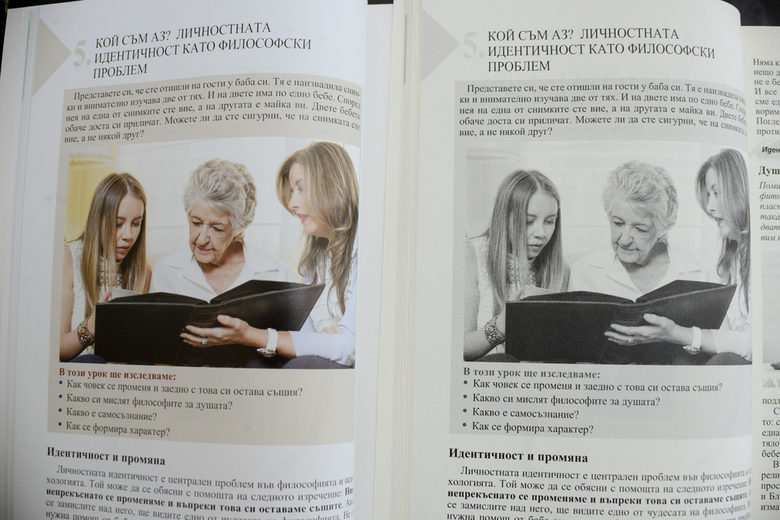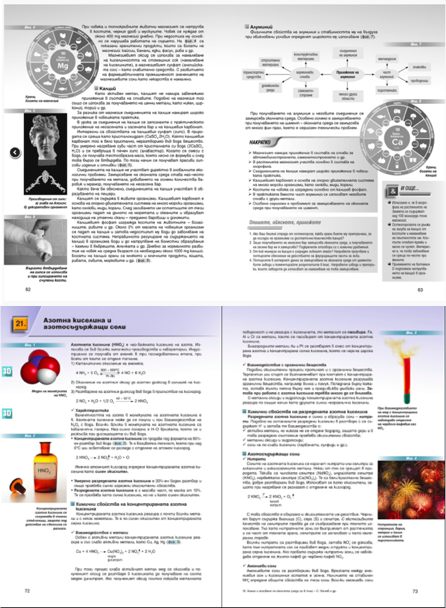
On Sept. 15th, thousands of young Bulgarian students flood the halls of the schools, with their freshly printed, colorful textbooks. In 2017, however, some kids had fewer colors than others.
In June 2017, more than 40,000 teachers across Bulgaria, together with representatives from the ministry of education approved the black and white versions of “Prosveta” publishing house’s textbooks for the 8th grade, made specifically for the “socially disadvantaged families.” Three months after the initial approval, social media posts about possible social discrimination forced the government to reconsider its position.
Black and white versions of textbooks that classify children as socially advantaged or disadvantaged bring discrimination in schools and should not be implemented in a society that calls itself democratic. The real issue is not how children will react towards each other, but rather about the unfair circumstances that society forces them in.
“Prosveta” reassured that the 30% reduction in the price gives poor kids better chances in continuing their education. Representatives from the publishing company denied any kind of social discrimination, since “buying the books is a matter of personal choice and discrimination means no choice,” said the editor-in-chief of “Prosveta” Kina Andreeva. She also emphasized on the fact that the books are made from recycled paper and are around 60% lighter than their colored twins.
“Prosveta” elaborated that only subjects that don’t include much infographics and diagrams (like literature and philosophy) have black and white editions and they all come with a digital, colored edition of the book, which can be accessed online.
As much as I appreciate the pragmatic decisions made by the publishing company, their color-argument looks like a Catch-22 paradox. If the company agrees that color doesn’t influence the learning process and the content plays the major role, what is the reason for the expensive and colored books in the first place?
The textbooks will simply be more efficient for all stakeholders and the environment, if they were all black and white. In fact, “Prosveta” will have fewer expenses and could lower all prices, in favor of the socially disadvantaged.
Taking the different perspective, if color does enhance learning, the company is hindering poor kids, by making their learning process slower and harder. The company is essentially saying, “You are poor and there’s no point in educating you as much as the others because that’s where you will stay.”

The black and white edition also encourages children to photocopy the textbooks and pay way less than what the publisher is offering, with no consideration over copyrights.
Speaking of paradox, children are expected to understand the fundamentals of equality and justice, explained in the textbooks, when they are experiencing the exact opposite in class.
One of the fundamental mistakes in the Bulgarian education system is that textbooks are portrayed as the absolute source of information. There are other valuable and interactive ways to enlighten children and prepare them for the future, which teachers never have time to use.
Instead of tackling the real problems in the textbooks, such as the pretentious language, the overwhelming volume of information or the disproportionate lessons, “Prosveta” is figuring out how to improve its streams of revenue.

After prolonged debates on- and offline, the black and white textbooks were removed from the market, together with any incentive to improve the textbooks’ contents. The goal of any education system should be to give the best possible opportunity for all students to comprehend and implement the learning material, which the Bulgarian system is losing out of sight. Instead, schools and universities are being run like business entities, where availability of capital can secure your place on the front desks.
###